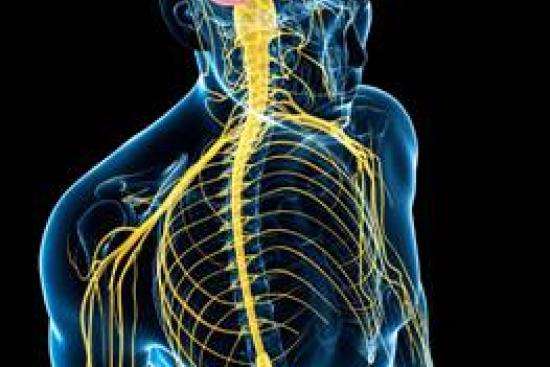Neurology is a medical discipline that deals with diseases of the peripheral nervous system (neurological problems). It also includes the treatment of the cerebrovascular system that supplies the brain and spinal cord.
Neurosurgery Costs with the best Neurological Clinic & Doctor
Brain surgery prices vary widely depending on the complexity of the patient's case. Our mission is to direct you to the best clinics and most competent doctors in Turkey. Simply request your free personalized quote by filling in our online form. With Turquie Santé, you'll be referred to our accredited partner clinics and qualified doctors.
Best Clinics with Verified Reviews

- Multispecialized hospital
- 7 operating rooms
- Capacity é of 170 beds

- Multispecialized hospital
- Hospital founded in 2007
- Very good reputation in ENT department
Neurology in Turkey: Find the best neurologist!
Neurology is the branch of medical science concerned with the diagnosis and treatment of disorders of the nervous system. This complex system includes the brain, spinal cord and peripheral nerves.
Neurological disorders can affect various parts of the nervous system, resulting in a number of pathologies that require surgical intervention.
Neurological procedures are highly complex and not to be taken lightly. In this respect, the specialists practicing this profession (neurosurgeons) at our partner neurological hospitals in Istanbul are among the best neurologists in Turkey.
Neurological disorders
The most common neurological disorders treated in Turkey include:
- Vertebral or lumbar stenosis.
- Herniated discs.
- Spinal tumors.
- Tumors of the brain or other parts of the nervous system.
Choosing healthcare in Turkey means benefiting from the best quality treatment. Recently, neurologists in Turkey have been using state-of-the-art, minimally invasive techniques with high-tech equipment. This has the great advantage of significantly reducing the patient's recovery time.
Common neurosurgical procedures
Neurosurgery is performed by highly trained and experienced neurosurgeons. Today's invasive and non-invasive surgical procedures have made brain surgery less complicated than in the past.
The most common neurosurgical procedures include:
Spinal Surgery (laminectomy)
Spinal surgery or laminectomy is the most common neurosurgical procedure. This intervention aims to treat spinal stenosis (compression) or pressure on the low back nerves. This condition causes unbearable low back pain to the patient, and sometimes it leads to total dysfunction.
Laminectomy involves small incisions that allow the neurosurgeon to remove a small portion of the lamina or vertebral bone.
Trigeminal neuralgia surgery
Surgical procedure that deals with trigeminal neuralgia (facial neuralgia) include Microvascular decompression. It consists in displacing the veins that are pressing the trigeminal root to relieve the stress on the nerve.
Sometimes the main cause of facial neuralgia is the presence of a brain tumour near the trigeminal nerve. In this case, the neurosurgeon has to perform a meningioma surgery.
Meningioma surgery
Meningioma is a brain cancer that can be removed through a surgical procedure called craniotomy.
This extremely invasive operation consists of incising the scalp and removing a fragment of the skull's bone. The brain surgeon can then reach and withdraw the tumour, or a part of it (partial craniotomy). The partial craniotomy is employed only if there is a risk of severe damage to the brain.
In this case, the brain surgery is completed with other therapies that aim to treat brain cancer.
Other diseases can also be treated, such as multiple sclerosis and epilepsy.
Is there a risk for my neurosurgical operation in Turkey ?
If you had a brain surgery to treat epilepsy, you generally should notice meliorations in your convulsions after surgery. Some patients become seizure-free, while others experience less convulsions than before the surgery. Some patients rarely notice no change in their seizure's frequency.
If you had a neurosurgery to remove a tumour, you may still need other cares, such as radiotherapy or chemotherapy. This aims to destroy the remaining cancer cells.
Some potential risks of neurosurgery include:
- Alteration in your vision.
- Impermanent convulsions.
- Temporary speech or learning disorder.
- Temporary memory impairment.
- Impermanent lack of coordination and balance ability.
- Weakened muscular tissue.
Share this page






